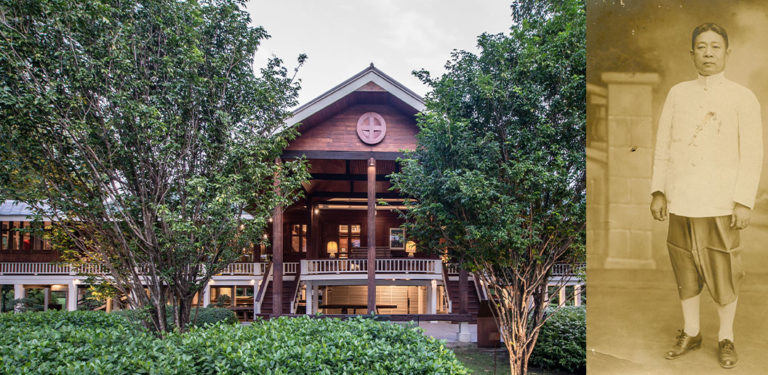In the heart of Bangkok, where luxury hotels and leafy boulevards now define the city’s cosmopolitan character, the legacy of one man endures: Nai Lert, born Lert Sreshthaputra in 1872. More than a century ago, he was already imagining a modern, international city—one that would blend commerce, culture, and community. Today, his descendants continue to honor and expand his legacy, ensuring that the Nai Lert name remains synonymous with innovation, elegance, and Thai heritage.
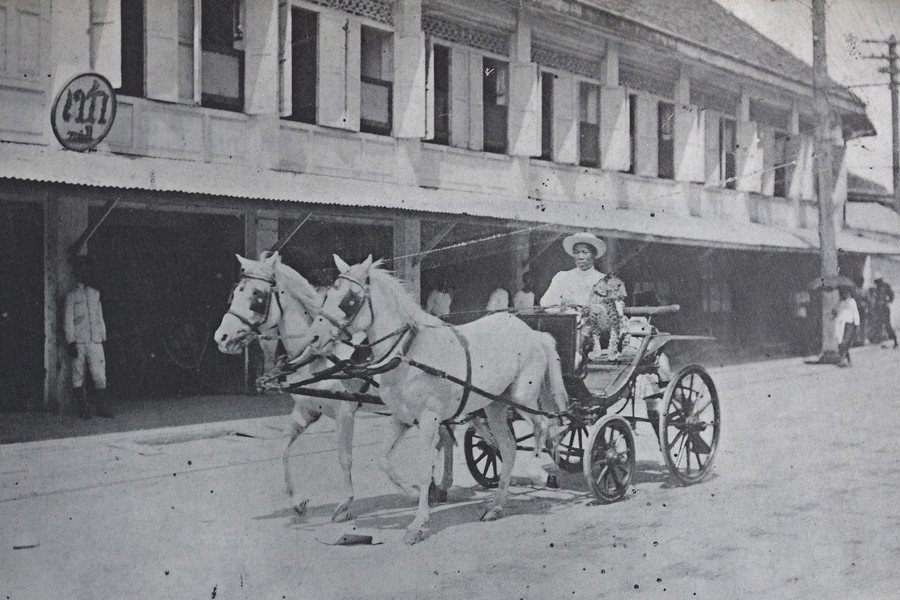
A Distinguished Family: The Sreshthaputra Lineage
Nai Lert was born into the Sreshthaputra family, a prominent Thai-Chinese clan with deep roots in the capital. His father, Chuen Sreshthaputra, was the son of Luang Prasertwanit and nephew of Phra Prasertwanit, the founder of the Sreshthaputra family. This lineage was known for its entrepreneurial spirit and civic engagement, and the family’s Chinese heritage brought a global perspective to their business dealings. Growing up near Wat Bophitphimook Bridge at the mouth of Klong Ong Ang, young Lert was immersed in a world of commerce and tradition, absorbing both Thai and Chinese values.
His education at Suan Ananta School, which included English language studies, set him apart from many of his contemporaries. This early exposure to Western ideas and languages would later prove invaluable as he built bridges—both literal and figurative—between Thailand and the wider world.
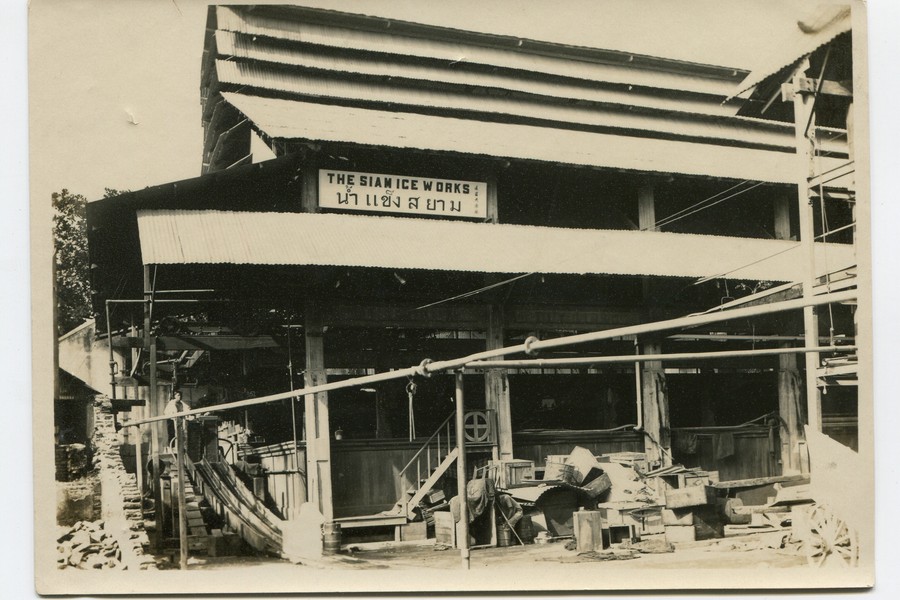
The First Taste of Modernity: Ice, Cars, and International Brands
Nai Lert’s business career began with a bang. At just 22, he founded the Nai Lert Store, which quickly became famous for introducing the first ice factory in Thailand. In an era when most Thais had never seen frozen water, ice was a sensation. People would visit the store just to marvel at this “solid water,” and it was even displayed in museums as a curiosity.
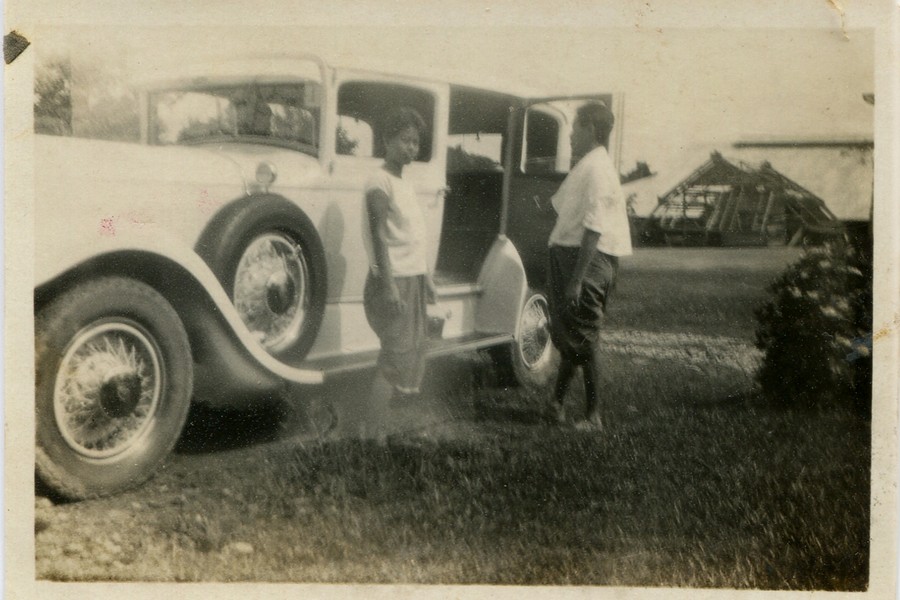
But ice was only the beginning. Nai Lert was a true cosmopolitan, always seeking out the latest innovations from abroad. He was among the first to import European cars into Thailand, including the stylish Fiat 508 Balilla, which he personally drove around Bangkok—sometimes accompanied by his pet leopard, Tam. These cars were not just for show; they became the backbone of his pioneering taxi and bus services, which revolutionized urban transport in the city.
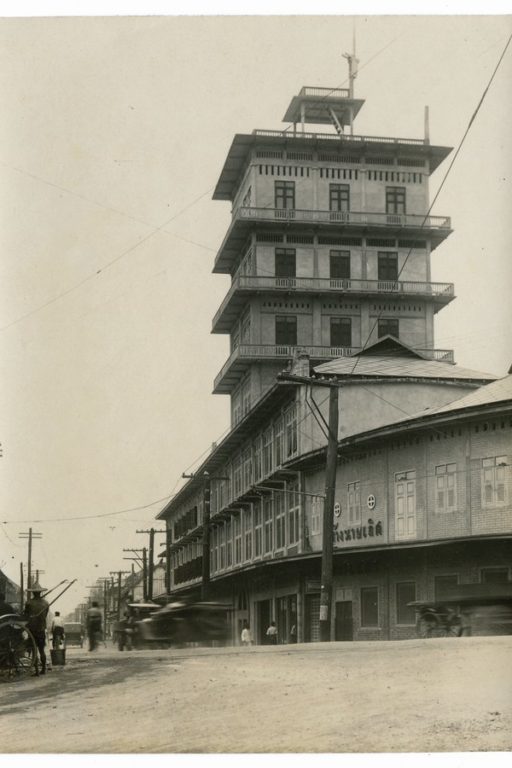
Nai Lert’s love of all things international extended to food and drink. His store was the first in Thailand to import lemonade from Singapore, which became known locally as “nam ma ned.” He also brought in whiskey, wine, beer, ham, canned sausage, coffee machines, sewing machines, and bicycles. His seven-story “skyscraper” on Charoen Krung Road—the tallest building in Bangkok when completed in 1927—housed not only his retail emporium but also the Hotel de la Paix, a European-style bar, and the ice factory. For the city’s elite, Nai Lert’s store was a window to the world, offering a taste of modernity and luxury that was previously unimaginable.
Building a City: Real Estate, Transport, and Urban Planning
Nai Lert’s vision for Bangkok was holistic. In 1907, he launched the city’s first bus service, the “White Bus Company,” and soon added the first taxi service using imported cars. He operated pleasure boats and ferries along the city’s canals, making transportation more accessible and efficient for all. His innovative ticketing system allowed passengers to transfer seamlessly between ferries and buses—a convenience that was decades ahead of its time.
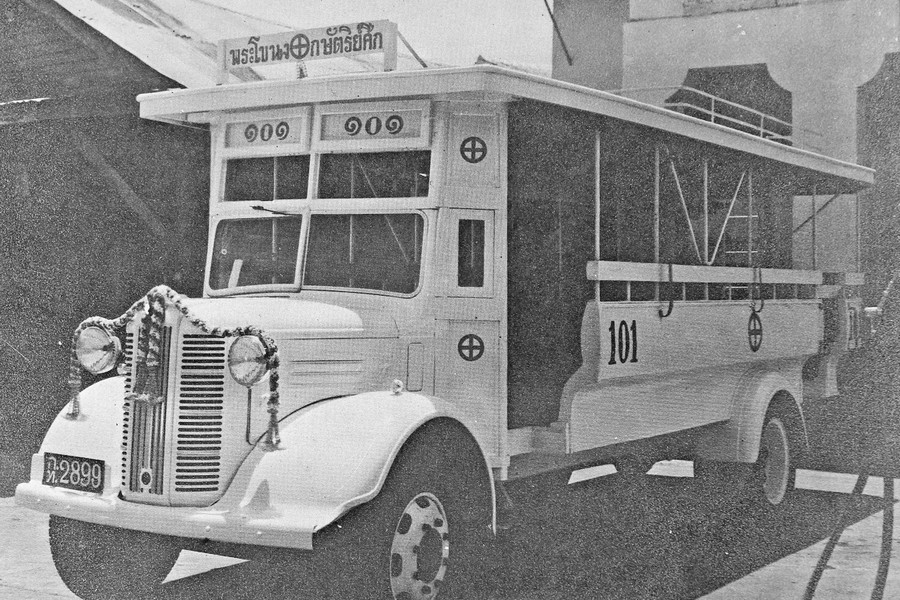
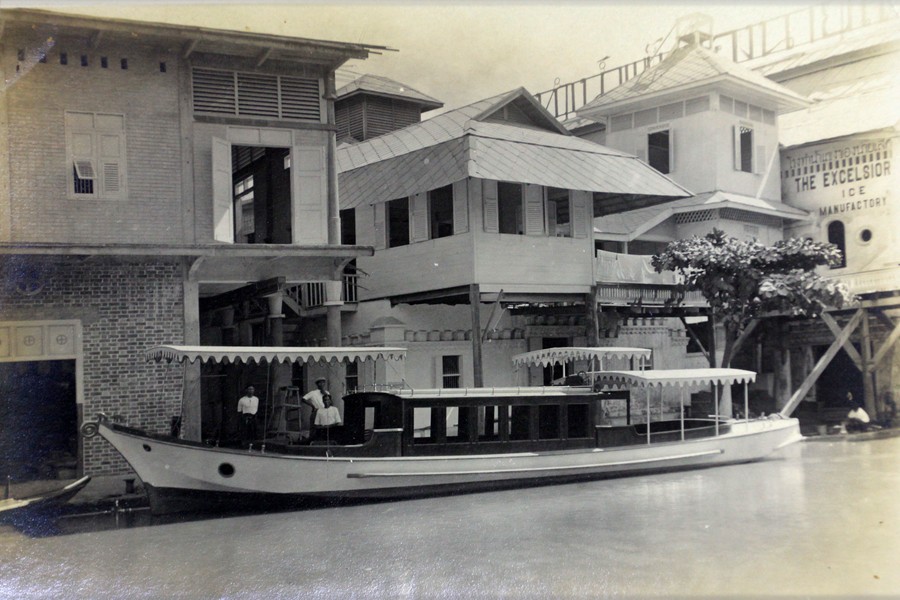
In 1915, Nai Lert acquired a vast tract of land in what is now the Ploenchit area. He master-planned the neighborhood, selling plots to individuals and even to the British government for their embassy. His own home, a pair of elegant teak mansions, became the centerpiece of Nai Lert Park—a green oasis that he opened to the public on Sundays, earning him a reputation as both a developer and a preserver of nature. The park, with its lush gardens and stately homes, became a symbol of modern Bangkok and a gathering place for the city’s elite.
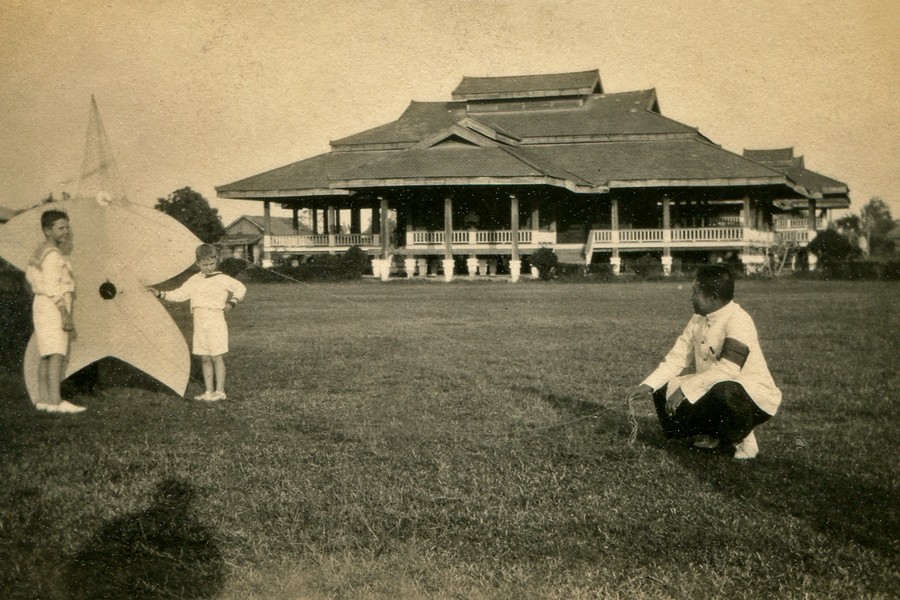
The Family Legacy: Women of Vision
When Nai Lert passed away in 1945, his only child, Thanpuying Lursakdi Sampatisiri, inherited the business empire at just 27. In an era when women rarely held such positions, Lursakdi proved herself a formidable leader. She expanded the family’s interests, co-founding the Nai Lert Park Hotel and later serving as Thailand’s first female Cabinet minister, as Minister of Transport in 1976. Her vision and tenacity ensured that the Nai Lert Group not only survived but thrived in the postwar years.
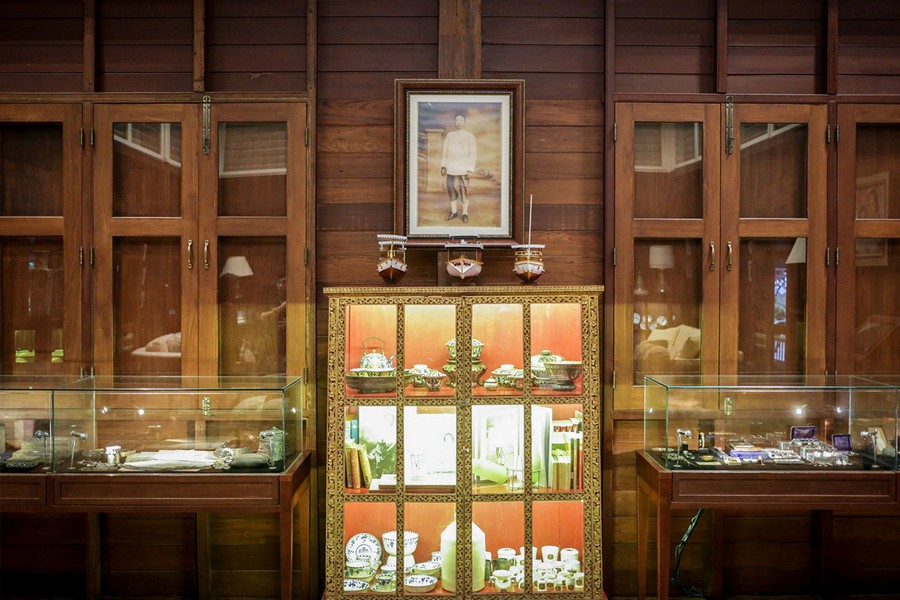
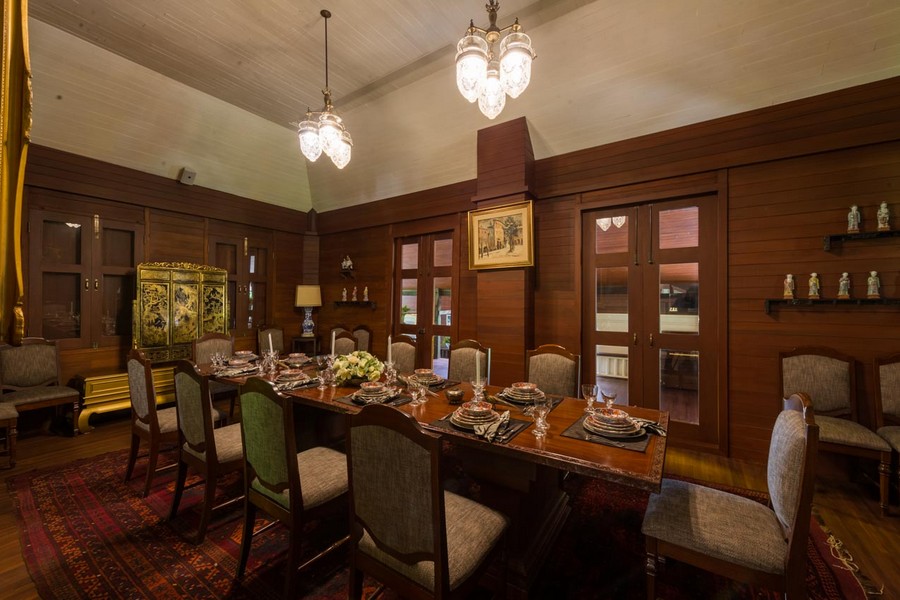
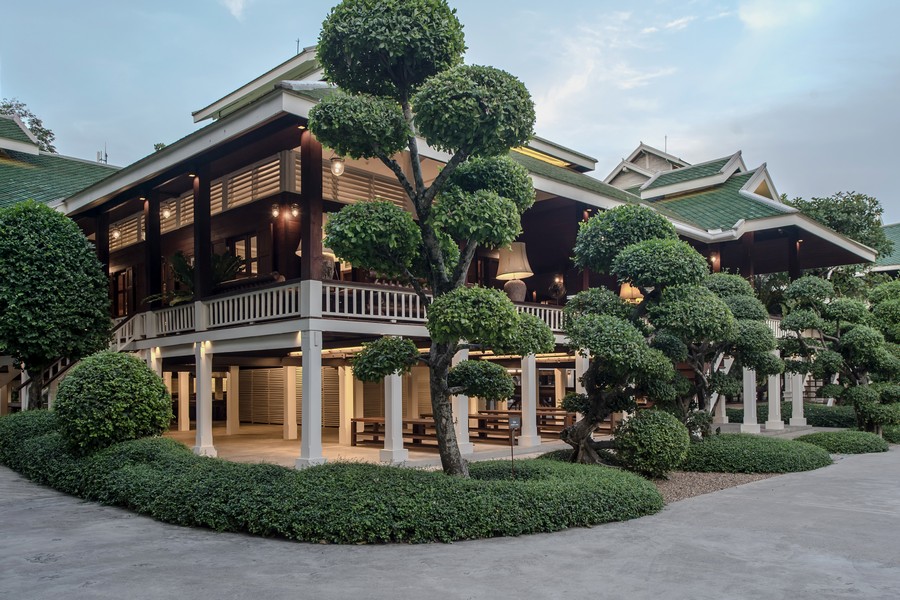
Lursakdi’s daughter, Sanhapit, continued the tradition, overseeing the preservation and restoration of the family’s historic homes and collections. Under her guidance, the Nai Lert Park Heritage Home was transformed into a living museum, showcasing the family’s 30,000 artifacts and opening its doors to the public as a testament to both family and national history.
The Fourth Generation: Naphaporn “Lek” Bodiratnangkura
Today, the torch is carried by Naphaporn “Lek” Bodiratnangkura, the fourth generation of the Nai Lert family. Once known as “Thailand’s Paris Hilton” for her glamorous social life, Lek has since transformed her public image, becoming a respected business leader and Instagram influencer. Educated at the University of Surrey in the UK and New York’s Parsons School of Design, Lek brings a global perspective to the family business. As Managing Director of Sampatilert Co. Ltd. and the Nai Lert Group, she has overseen a dynamic portfolio that includes the Nai Lert Park Heritage Home, Nai Lert Butler, Ma Maison Restaurant, Lady L Garden Bistro, Caviar Café, and the new Aman Nai Lert Hotel and Residences.
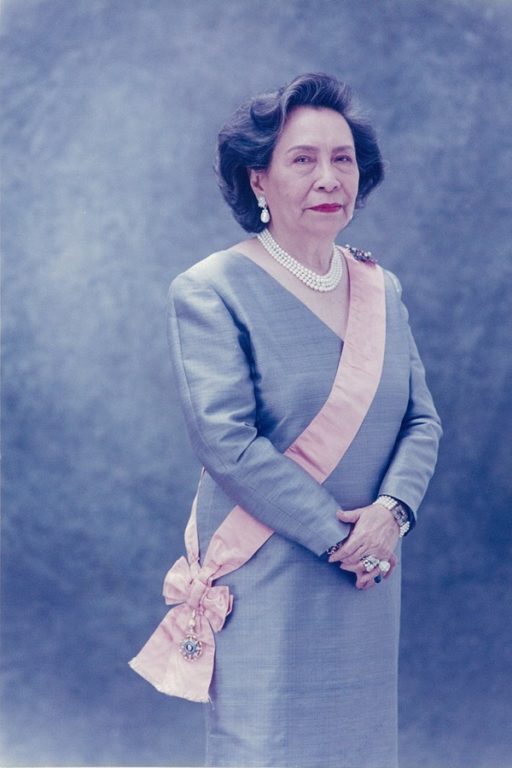
Lek credits her family—especially her late grandmother, Thanpuying Lursakdi Sampatisiri, and her “strong-willed” parents, Chutipat and Sanhapit Bodiratnangkura—for instilling in her the values and work ethic needed to carry on the family legacy. “I know I have very big shoes to fill but with clear vision and goals for Nai Lert Group, I am confident of continuing the family legacy,” she told SCMP Style (SCMP). Lek’s journey from socialite to CEO is a testament to her adaptability and determination, and she remains grateful for the support and freedom her family gave her to find her own path.
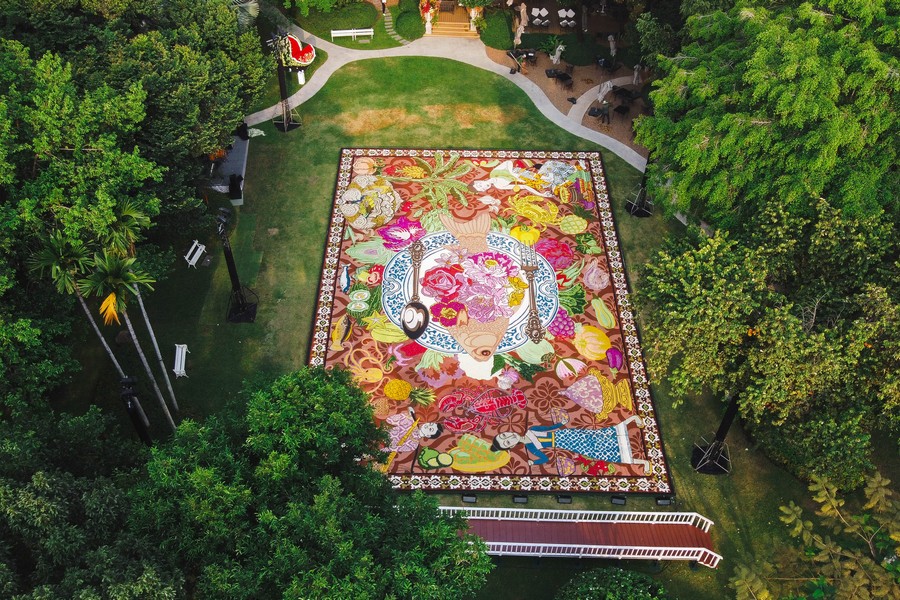
One of her most celebrated achievements was orchestrating the 10.8-billion-baht sale of the family’s Swissôtel Nai Lert Park Hotel to Bangkok Dusit Medical Services. But Lek’s passion lies in more than just business. She is a champion of philanthropy, spearheading the Nai Lert Flower and Garden Art Fair and supporting education and healthcare through the Lert-Sinn Foundation.
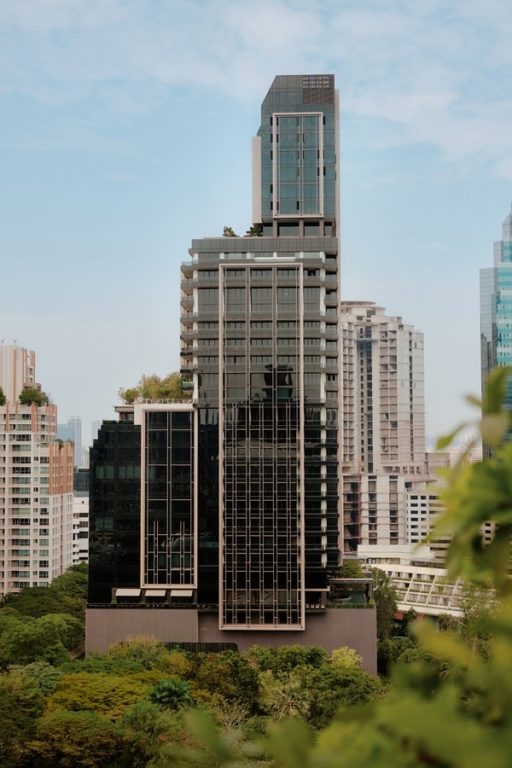
A New Era: Aman Nai Lert Bangkok
The latest chapter in the family saga is the Aman Nai Lert Bangkok, a collaboration with the world-renowned Aman hotel group. Opened in April of this year in the heart of Nai Lert Park, this ultra-luxury development features 52 hotel suites and 42 residences, blending Aman’s signature style with the heritage and greenery of the Nai Lert estate. For Lek, this project is both a business venture and a personal mission: “I aim to develop it to survive and extend our legacy for the next generations of the family.”
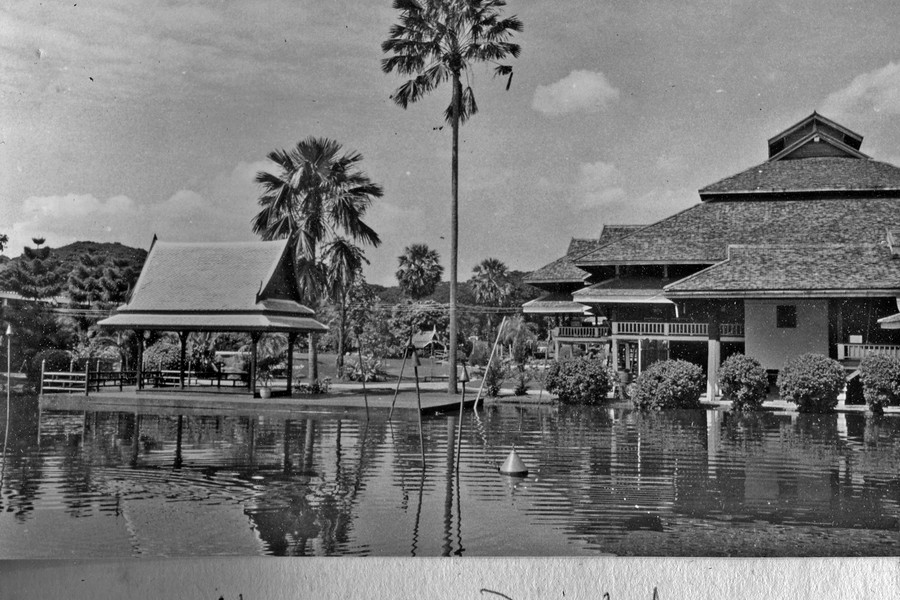
The Spirit of Nai Lert: Innovation, Nature, and Community
What sets the Nai Lert legacy apart is not just its longevity, but its values. Nai Lert was a pioneer, but also a philanthropist and environmentalist. He opened his park to the public, imported the first lemonade and European delicacies, and even designed his own home and vehicles. His descendants have honored this spirit, balancing commercial success with a commitment to culture, community, and conservation.
As Bangkok continues to evolve, the Nai Lert family remains a beacon of continuity and creativity. Their story is not just one of business, but of vision, resilience, and a deep love for the city they helped build. In the words of Khun Lek, “It’s not only about family bonds, but also a chapter of Thai history.”


